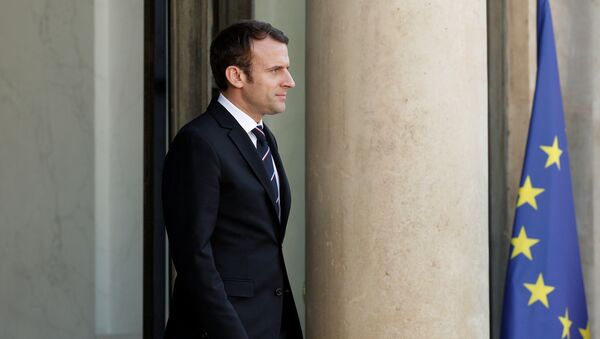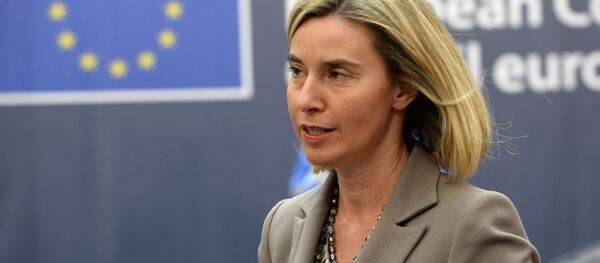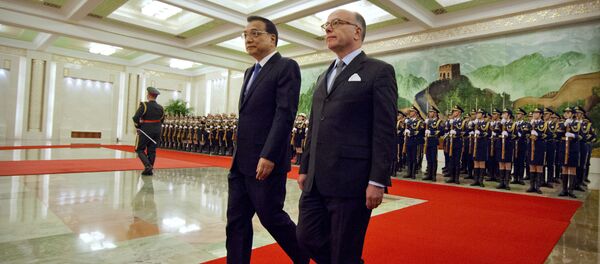PARIS (Sputnik) — During a referendum on Sunday, Switzerland voted to back the government's plan aimed at reducing the country’s dependence on nuclear energy. The initiative was taken up by the Swiss government after the tragedy at the Fukushima power plant in 2011. Fifty-eight percent of the Swiss population voted to instead invest in renewable energy, a popular practice in Europe. Austria has long abandoned its nuclear energy, Germany pledges to do so by 2022.
"Macron’s government is not strictly anti-nuclear. During his time as the minister of economy Macron was pushing forward the construction of a nuclear plant in Great Britain [Hinkley Point by EDF]. And Prime Minister Edouard Philippe worked as the Director of Public affairs in Areva [French company specializing in nuclear power]. So we can’t expect them to be favorable of energy transition," Charlotte Mijeon from Sortir de Nucleaire, a French federation of some 800 anti-nuclear groups, told Sputnik.
"French would like to develop the renewable energy, it is very popular nowadays, like in all the other countries. They would like to see more diversified energy sources. But at the same time they are not ready to pay bigger electricity bills," Valerie Faudon, General Delegate of the French Society for Nuclear Energy (SFEN), said.
She pointed out that French government pays of lot of attention to the potential cost of the nuclear phase-out.
"It is very expensive to shut down a NPP before the end of its life cycle. And it doesn’t affect anything, because it does not diminish the carbon dioxide emission. I think Nicolas Hulot, who is very sincere in his desire to fight the global warming, knows it. There is a five-year plan in France to reduce the carbon dioxide emission at a lowest price. The idea is to electrify public transport and develop the use of electricity, which permits both to reduce the carbon dioxide emission and to fight against pollution," Faudon explained.
According to the president’s administration, it’s hard to say at what pace the phasing-out of nuclear energy will be carried out. But, one can expect a rather "pragmatic" approach to France’s energy market from the president and his prime minister.






